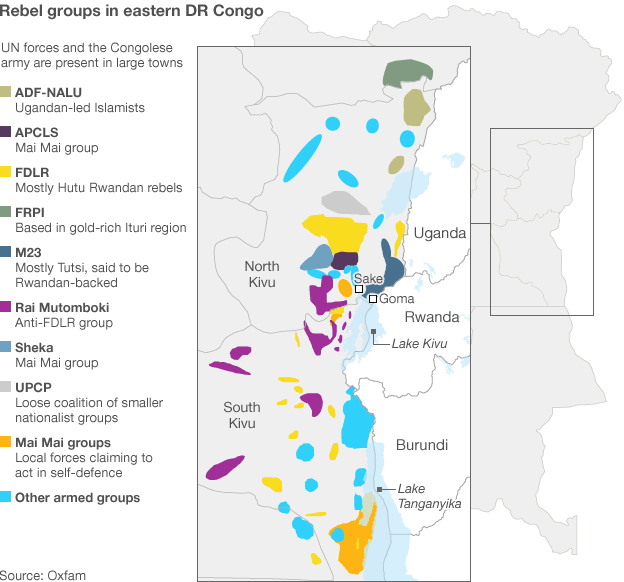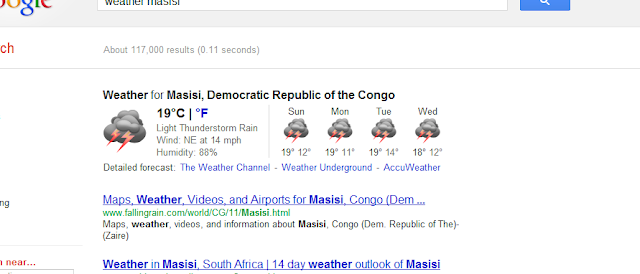Finally, cutting aid just strikes me as a fundamentally lazy and cowardly choice. If you want to achieve political goals, how about bothering to spend the time engaging politically and talking to people? Diplomacy brought peace to Northern Ireland and diplomacy brought a 2005 peace agreement to North and South Sudan. That meant long hours of hard work, and real political commitment. How many international leaders have even been to the DRC? Maybe if the collective international political community had demonstrated even the slightest regard for the people of the DR Congo through any actual tangible action then all of this posturing wouldn't leave such a bad taste.


